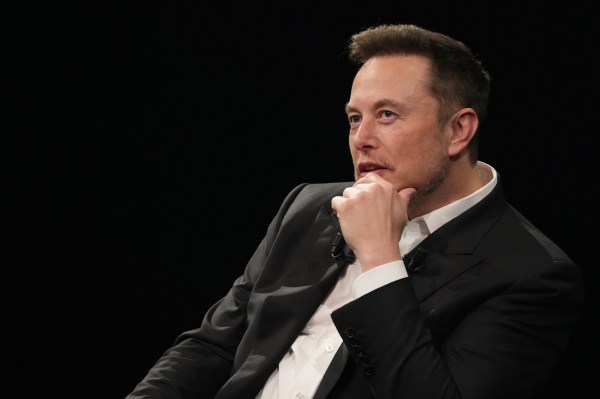Neuralink, the Elon Musk-founded company developing implantable chips that can read brain waves, has raised an additional $43 million in venture capital, according to a filing with the SEC.
The filing published this week shows the company increased its previous tranche, led by Peter Thiel’s Founders Fund, from $280 million to $323 million in early August. Thirty-two investors participated, according to the filing.
Neuralink hasn’t disclosed its valuation recently. But in June, Reuters reported that the company was valued at about $5 billion after privately executed stock trades.
Founded in 2016, Neuralink has devised a sewing machine-like device capable of implanting ultra-thin threads inside the brain. The threads attach to a custom-designed chip containing electrodes that can read information from groups of neurons.
Brain-signal-reading implants are a decades-old technology. But Neuralink’s ostensible innovation lies in making the implants wireless and increasing the number of implanted electrodes.
In May, Neuralink received FDA approval for human clinical trials after having its application previously rejected, and opened its first human trials for recruitment under an investigational device exemption by the FDA.
But Neuralink is under increasing scrutiny for what critics allege are a toxic workplace culture — and unethical research practices.
In a January 2022 article in Fortune, anonymous former employees described a “culture of blame and fear” — one in which Musk would frequently undermine management by encouraging junior employees “to email issues and complaints to him directly.” By August 2020, only three of the eight founding scientists remained at the company, the result of what a Stat News piece described as “internal conflict in which rushed timelines … clashed with the slow and incremental pace of science.”
In 2022, the Physicians Committee for Responsible Medicine (PCRM) alleged that Neuralink and UC Davis, once its research partner, had mistreated several monkeys involved with testing Neuralink hardware — subjecting them to psychological distress and chronic infections due to surgeries. Reports from both Reuters and Wired suggested testing was being rushed due to Musk’s demands for fast results, which led to complications with the installation of electrodes — including partial paralysis and brain swelling.
For nearly a year, Neuralink was under federal investigation by the U.S. Department of Agriculture (USDA) regarding animal welfare violations. The USDA eventually concluded that there was “no evidence” of animal welfare breaches in the startup’s trials other than a previous, self-reported incident from 2019 — but the PCRM disputed the results of the investigation.
In November 2023, U.S. lawmakers ask to the SEC to investigate Neuralink for omitting details about the deaths of at least a dozen animals who were surgically fitted with its implants.
